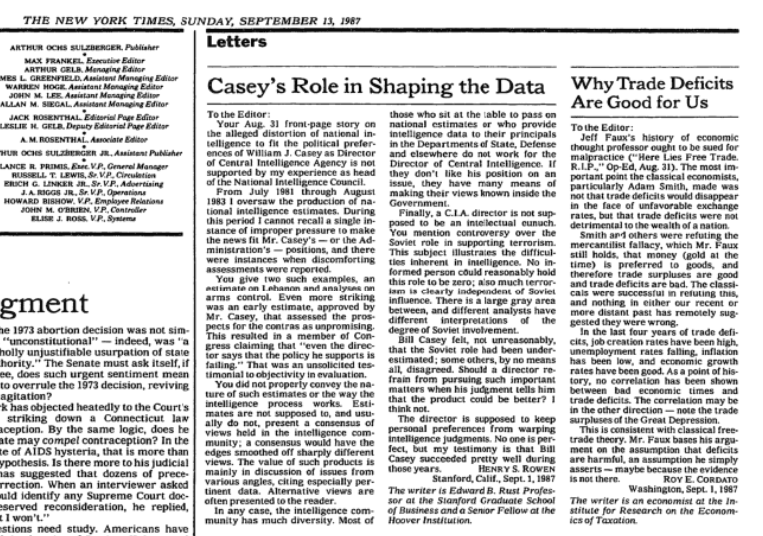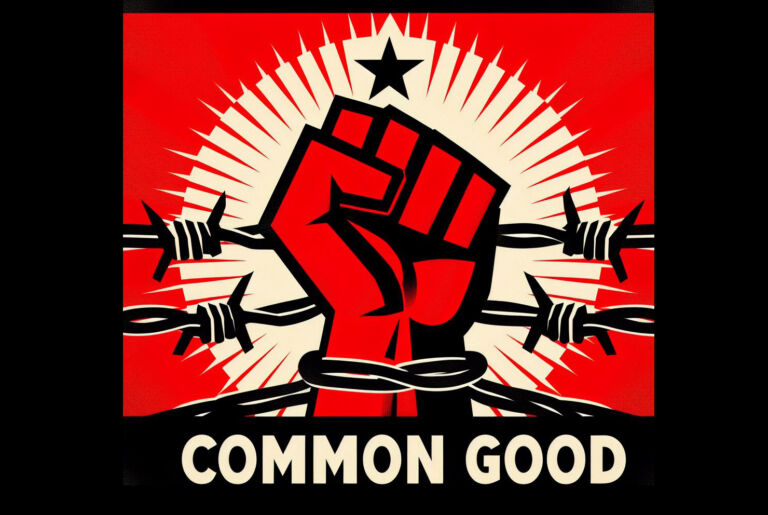Question: When is it acceptable for a Republican president to openly brag about liking taxes?
Answer: When the taxes are directed toward American consumers and are called tariffs.
Last week, in a tweet that was blamed for reversing what appeared to be the beginning of a positive trend in the stock market, President Trump bragged, “I am a tariff man.” Immediately following the tweet, the market run-up abruptly stalled. The market was being spurred by promises of a 90-day truce in the (anti) trade war that Trump had launched against China. In particular, many hoped that Trump would refrain from pursuing new tariffs aimed at purchases of various Chinese goods. At the same time, it was rumored that China had considered allowing Chinese consumers to purchase cars imported from the U.S. tax-free. Trump’s tweet was seen as signaling a halt to all of this.
In spite of his anti-tax rhetoric about corporate and income taxes, in referring to himself as “the tariff man” Trump was signaling that, at least in one area, he has no problem with new taxes. From Trump’s perspective, if you are an American consumer or producer who has the audacity to purchase products made abroad, you are fair game. In fact, the increased revenues that are obtained when you insist on making these apparently anti-social choices are something for the president to brag about. As Trump noted in this same tweet, “we are now taking in $billions in tariffs.”
The original intent of Trump’s taxes was to reduce the U.S. trade deficit. It is clear that Trump doesn’t just (wrongfully) consider trade deficits to be bad for the economy, he equates them with coercive wealth transfers and even theft. Trade deficits, in Trump’s eyes, have a moral component. This came through in the same tweet where he declared himself “a tariff man.” In this tweet, demonstrating that he has no real understanding of the mutually beneficial nature of trade, he referred to countries that maintain a trade deficit with the U.S. as “coming to raid the great wealth of our nation.”
[I have been writing about this issue for over 30 years (see below for my 1987 letter to the New York Times), but unfortunately the same wrongheaded arguments for protectionism continue to rear their heads, from both sides of the political spectrum. The person who I was arguing against in the New York Times letter is a left-wing economist and founder of the famously progressive Economic Policy Institute.]

This perspective shapes President Trump’s view of U.S. consumers who purchase foreign goods, particularly if they have the option of “buying American.” Manufacturers that purchase steel from Canada or consumers who are buying cars or electronics made in Korea or China are essentially aiding and abetting this foreign-led raid on “our” wealth. Is it any wonder, then, that the purchase of foreign-made products might be viewed as an immoral act that harms the U.S. and deserves to be punished? From Trump’s perspective, a tariff is, in fact, a sin tax. It is meant to discourage immoral and essentially anti-social behavior by American consumers, in much the same way as alcohol or cigarette taxes purportedly do.
Of course, it’s no secret that a lack of understanding of economics can lead to bad policy. It happens all the time. In this case, Trump’s weak understanding of the nature of exchange has led to an equally weak understanding of trade deficits. His wrongheaded views of trade deficits have actually led to him to characterize these deficits in ways similar to justifications for sin taxes, that is, singling out a class of American citizens whose behavior needs to be discouraged.


